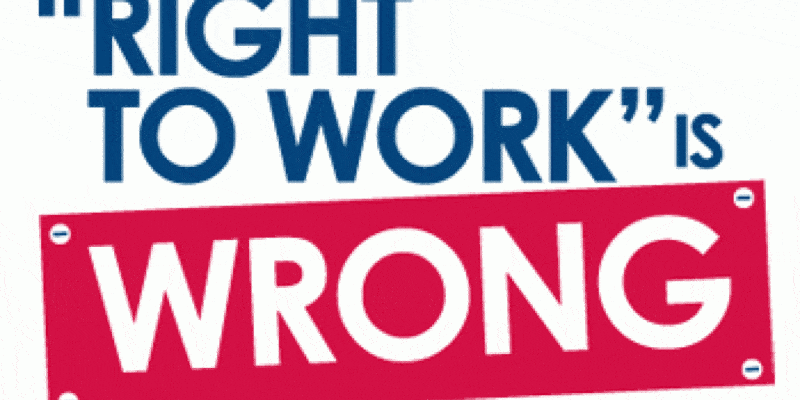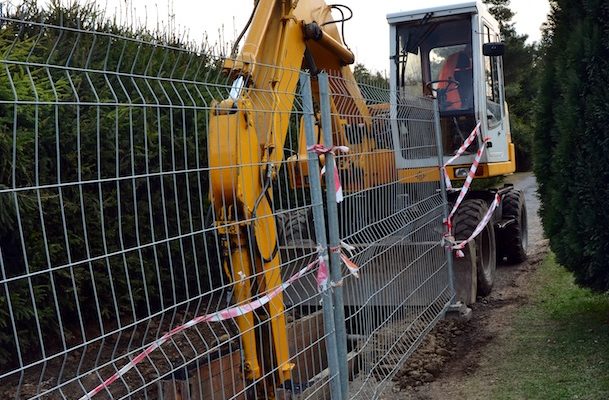By Rebecca Anzel, Capitol News Illinois
Posted Apr 19, 2019 at 11:38 AM
Legislation that punishes employers in Illinois who short their workers’ pay left Republican representatives with open-ended questions about the bill’s impact on state businesses.
Proposed by Chicago Democratic Rep. Celina Villanueva, the House-approved measure enhances current penalties against companies convicted of wage theft – each day an employee’s paycheck is withheld would now be a separate felony offense instead of a misdemeanor.
Businesses would also be barred from working with the state of Illinois for five years.
“This proposal will help working families by ensuring that any business that is willfully withholding wages is held accountable,” Villanueva said.
But during floor debate, Republican representatives questioned whether Villanueva’s characterization of the bill accurately portrayed the practical effects it would have if passed into law.
Villanueva consistently said her bill targets “bad actors” who “repeatedly and willfully engage in wage theft.”










